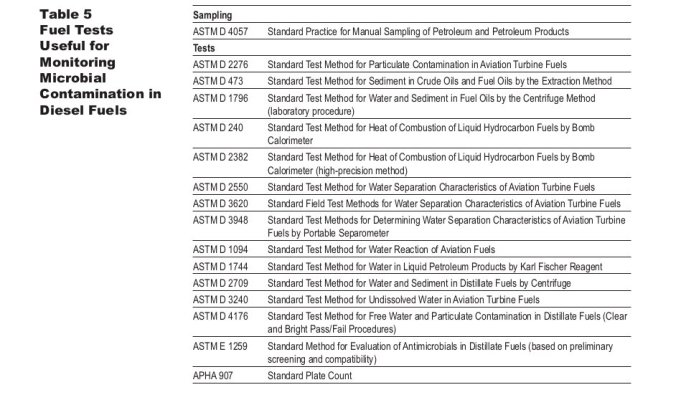First of all, congrats on your new boat!

If it has been sitting for that long, I would be most concerned about the growth of native yeast, bacteria, and fungus. #2 Diesel fuel typically has biocides added to it at the refinery. However, the biocides become less effective over time. If the boat has been sitting in the water for the entire duration of the time between the last survey and now, I would be concerned about biological contamination.
I would also be concerned about the presence of water in the fuel. The boat has been around a considerable amount of moisture for a considerable amount of time.
The first course of action I would suggest is to remove the filter element and inspect it. Run your finger across the membranes and determine whether there is a presence of slime. Smell the membrane as well. If it smells like rotten eggs or has a cheese-like smell, it is a strong indication the fuel is contaminated.
Obtain a pH meter or pH test strips and test the fuel's pH level. If it is below 5.5 (this is a well established industry standard), the organisms that contaminated your fuel have created corrosive acid. At that point, you need to seriously consider discarding that fuel.
Also, take samples of your fuel from various parts of the tank. Compare a sample from the middle of the tank to a sample from the bottom of the tank to a sample from the top of the tank (where your fuel level is). Place each sample in a jar and lay them side by side. If you see cloudiness increase as you go deeper, you definitely have contaminated fuel. What you are seeing on the bottom is essentially the remains from dead organisms.
I would not recommend polishing your fuel. Polishing is a fancy term for filtration on steroids. Regardless of what fuel polishing companies will claim, they cannot restore contaminated Diesel fuel to its original condition. They can destroy and filter many of the biological organisms and add biocides, but it simultaneously degrades the quality of the fuel and will affect your engine performance.
Note: If you need to get rid of bad Diesel fuel, you can use it for heating. Many kerosene heaters can burn Diesel. Since the heater does not have an injector pump and injectors, no need to worry about the fuel causing damage to mechanical equipment. The worst that could happen is a plugged orifice on the burner, which can be easily cleaned.


